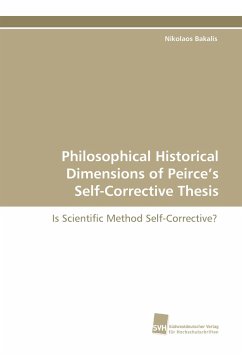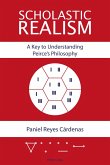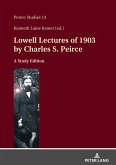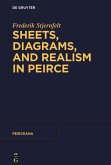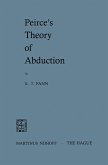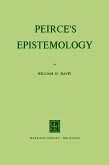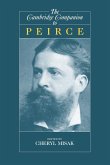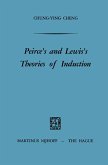Charles S. Peirce's Self-Corrective Thesis (SCT) is based on the idea that the progress in science lies in its self-corrective methods. Particularly, Peirce's notion that scientific method consisted of four self-corrective inferences (abduction, deduction, qualitative and quantitative induction) is controversial in the philosophy and history of science. Supporters hold that all the aspects of scientific inference, introduced by Peirce, contribute to its self-correction, while critics claim that the justification for the self-corrective character of scientific method is inadequate. Some critics argue that the justification for the self- corrective character of abduction is insufficient, while others maintain that from all four methods only quantitative induction is proved to be self- corrective. In this project the author explores Peirce's proposed scientific methodology and discusses it in comparison with these objections, so as to defend the SCT and distinguish the context of its validity. He appeals to the historical case of the Chemical Revolution and discusses its interpretations by different methodological views in order to evaluate the SCT.
Bitte wählen Sie Ihr Anliegen aus.
Rechnungen
Retourenschein anfordern
Bestellstatus
Storno

